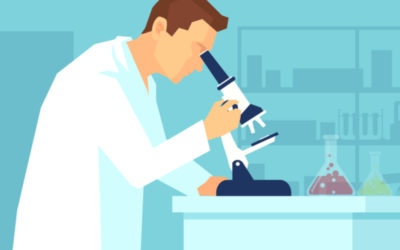Pathologists examine the causes and mechanisms of diseases and, in the world of drug development, that means collecting, processing and analyzing tissue for toxicity. Histotechnologists fix tissue samples onto slides, stain them to distinguish types of cells and cell...
Toxicology Studies
5 Questions When Planning a Nonclinical Toxicology Program for Biotherapeutics
Encountering challenges while developing a new drug is expected, but drug developers who understand the pitfalls are often better prepared to navigate them and emerge successfully. Nonclinical safety assessment is a highly complex and molecule-specific process, but...
Partner Up – A Nonclinical Talk with Toxicology Consultant, Grace Furman
Engaging the right partners at the right time is essential to drug developers and the success of their compound. We sat down with Grace Furman, small-molecule toxicology consultant at Paracelsus, Inc., to get her perspective on some of the most pressing challenges and...
Regulatory Pathways: IND Requirement Variations Between U.S. FDA, OECD and NMPA
The development path for bringing new drugs and therapeutics to market requires extensive planning to meet the short- and long-term needs of products intended for global registration. Because international regulatory agencies may have different requirements for...
ACT Annual Meeting: Managing Roadblocks to Success
One of the largest shares of preclinical testing in any drug development program is toxicology studies, yet bringing together the community supporting this pivotal development stage does not happen often enough. Fortunately, the 2020 American College of Toxicology...




